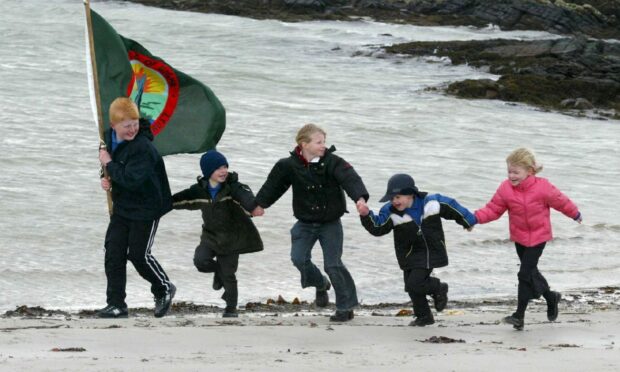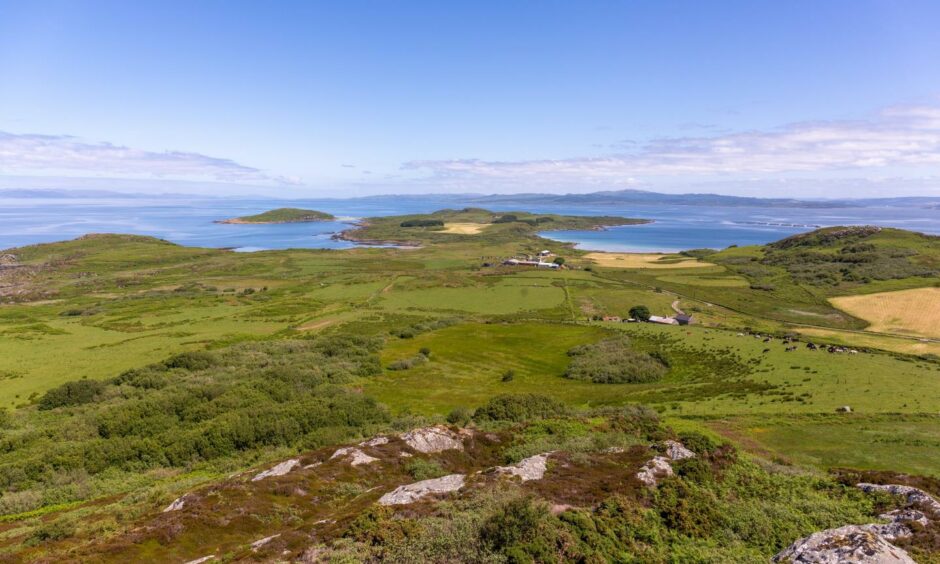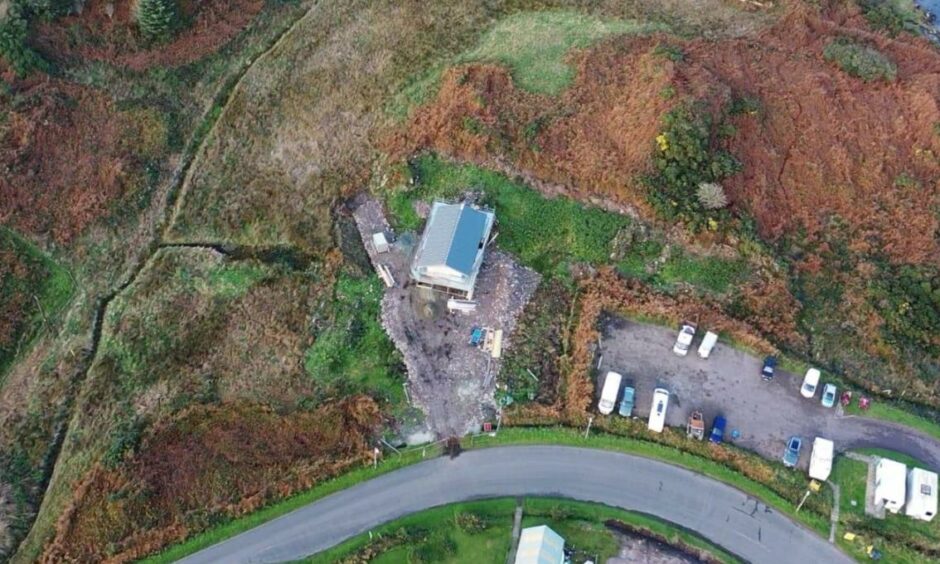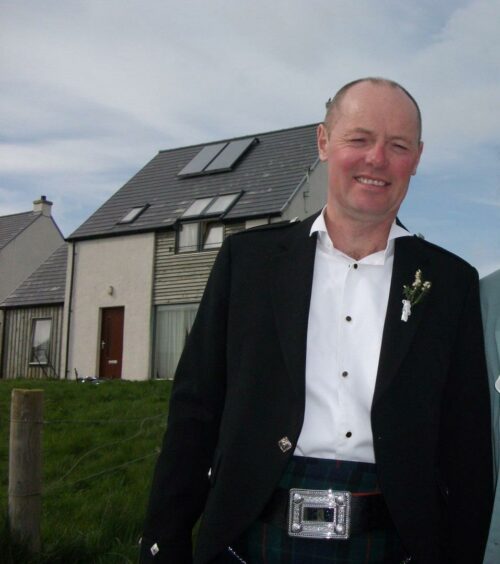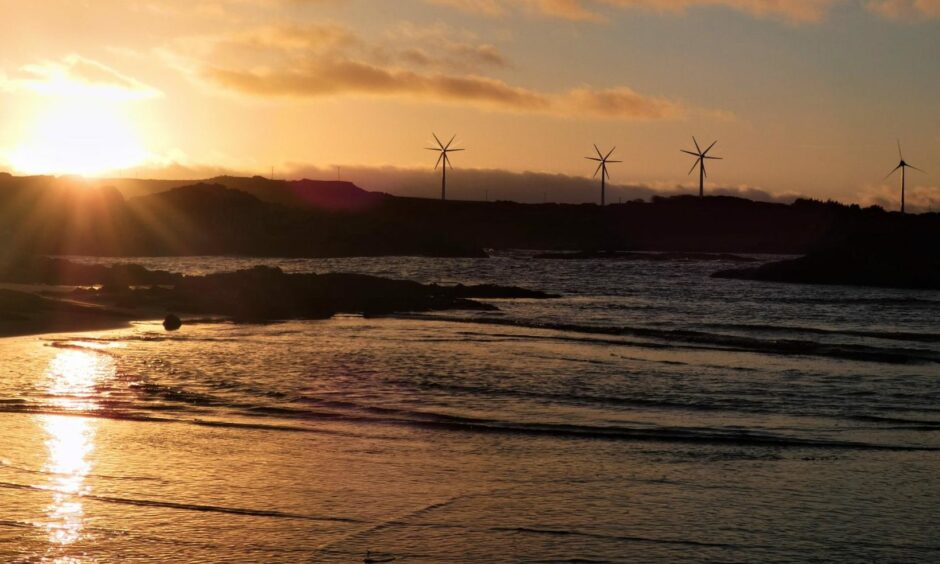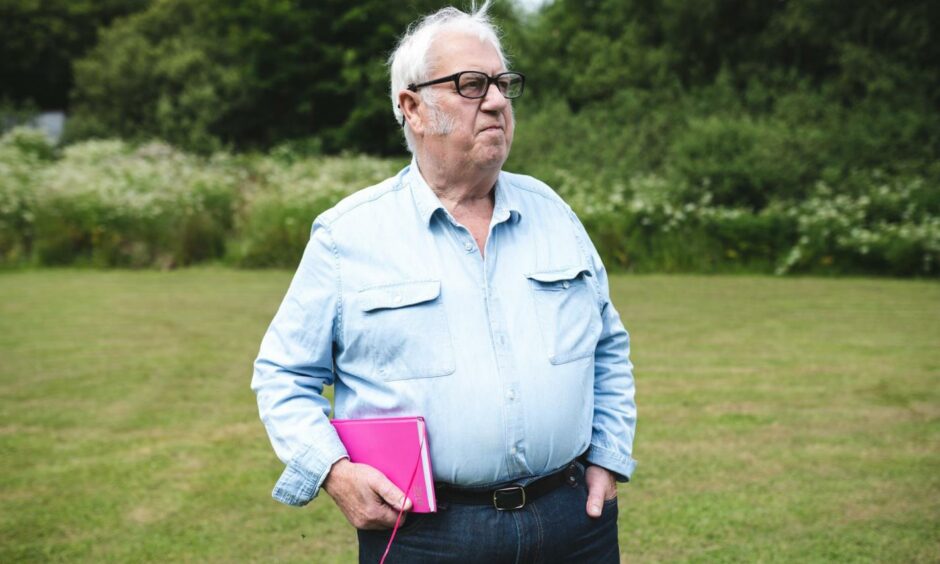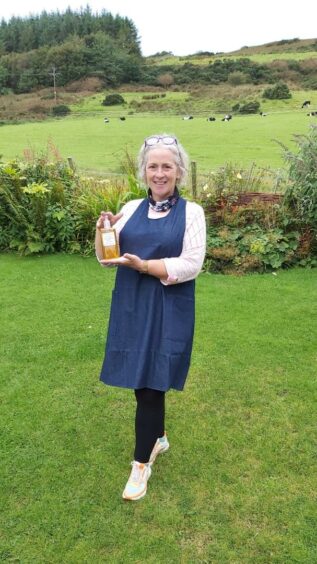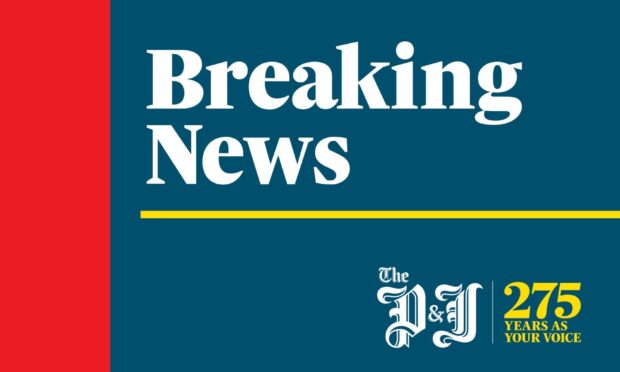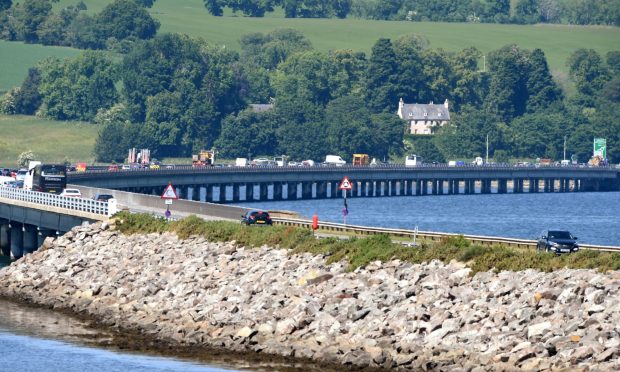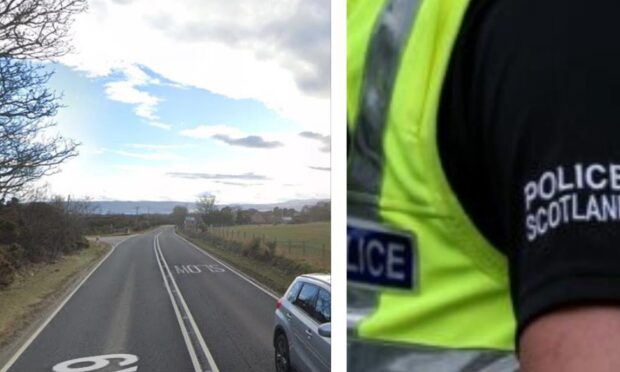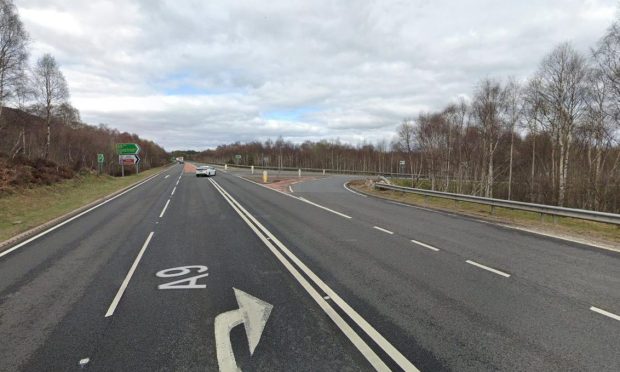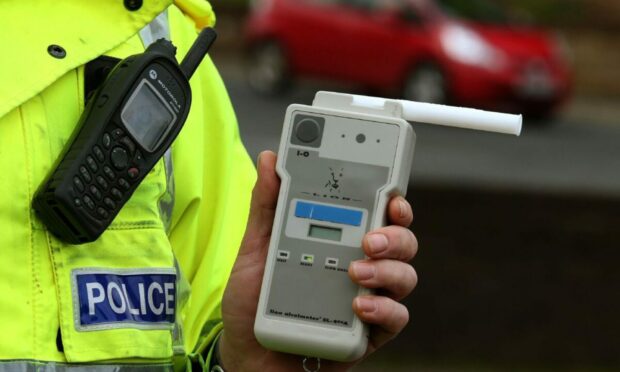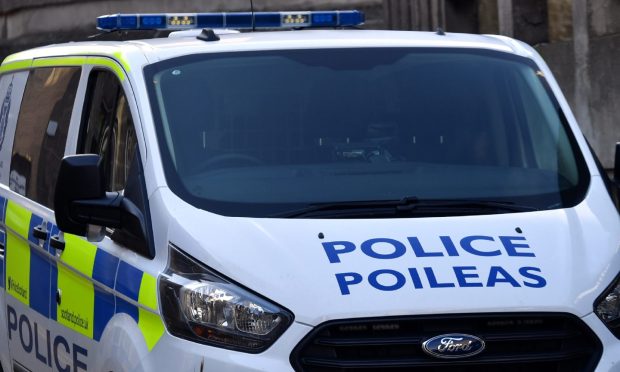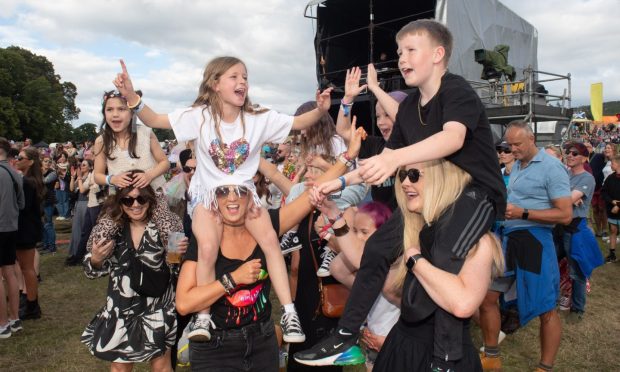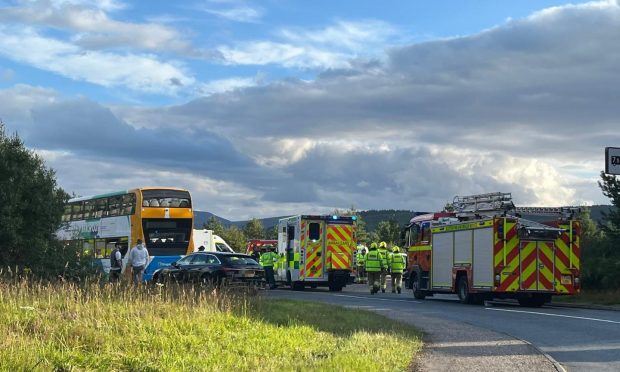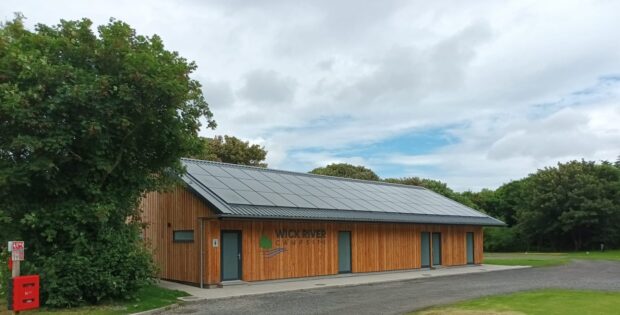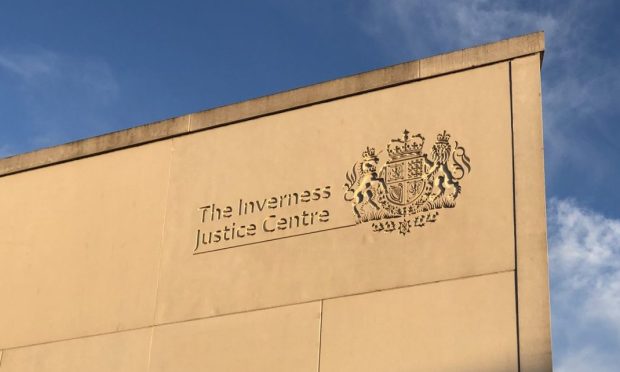Twenty years ago the residents of Gigha and the owners of the island became one and the same.
The deal saw the last private landlord receive £4 million and the early community land ownership movement gain a high profile symbol of progress.
As the purchase was confirmed on March 15 2002 islanders celebrated at finally taking their future into their own hands.
They will gather with a new sense of optimism on the 20th anniversary with the island thriving and a raft of projects progressing or in the pipeline.
Community ownership a success
Community ownership of Gigha, recently the setting for the TV show Murder Island, is widely regarded as a success.
But its journey over the last two decades has not always been smooth.
While opponents and sceptics did not get the collapse of a community landlord they sought, they came close to getting their wish.
The Isle of Gigha Heritage Trust bought the land after it was put on the market in 2001 by its last private owner Derek Holt.
The purchase was helped by £3.5 million from the Scottish Land Fund via the National Lottery and £500,000 from Highlands and Islands Enterprise.
Two years later the trust honoured a pledge to pay back £1 million of the purchase price.
Before the buyout Gigha’s population had fallen to 92. Now it is nearly 170.
The primary school roll, which dropped to six at the time of the buyout, has since doubled to 12.
While 95% of island houses were below tolerable standard pre-takeover, now 90% have been renovated to a high standard.
Several new businesses have been created, including craft units and a bike and boat hire.
New island projects underway
The trust employs 14 people and leases commercial properties including the hotel, shop, restaurant, and holiday cottages.
A number of projects are underway, including a new campsite, 9km (5.6 miles) of new and upgraded path networks and a restoration plan for Achamore Gardens.
The trust has assets of nearly £7.5 million and its debt at January 31 was £506,000.
This has been reduced from a reported £2 million more than five years ago and over £1 million in 2019, largely attributed to the housing renovations.
Trust chairman Ian Wilson says at one point the island’s future was “on a knife edge”.
Mr Wilson joined the trust more than five years ago and became chairman after growing frustrated at, as he saw it, the way the island was being run.
“We had two to three months to survive. The island almost went bankrupt,” he said.
“It was not progressing, it was stagnating due to debt.
“I said at the time that the trust was the worst landlord the island has ever had. I still believe that now.
“Had we failed, it certainly would have been very damaging to the wider community buyout movement.”
Moves to reduce debt
A bank loan had been called in for the trust’s renewable energy company. A refinancing deal and the sale of a holiday home for over £200,000 bought some breathing space.
Moves to reduce debt met some resistance and a minority of islanders still oppose measures such as selling off properties.
Four houses have been offloaded in recent years as well as self-catering accommodation at Achamore Lodge and 14 plots for self-builds.
Another property valued at £200,000 will be sold shortly to further cut the debt.
At the same time, five new houses are planned for elderly people and to encourage young islanders to remain as long as possible.
“All the projects we’re doing now are because we have a better financial situation”, says Mr Wilson.
“You have to run it like a business. If it doesn’t pay, it doesn’t work.
“We have to find new money. That means putting the rents up or selling a house now and then and that will be ongoing forever.
“The majority of people are pleased with the way things are going.”
Which means there are some not pleased, and he is open about the challenges facing communities who become landowners.
“A community buyout can be a great thing and it can be a terrible thing. It should be the last resort rather than the first resort.
The idea that it brings a community together is not the case.
Ian Wilson
“It’s very challenging. The idea that it brings a community together is not the case.”
Among the opposition voices is Willie McSporran, the trust chairman at the time of the buyout, who said he will not attend the 20th anniversary celebrations.
He said: “When we bought the island we had to pay back £1 million and also be seen to raise £220,000 of that million on the island.
“How can you tell me we shouldn’t have gone into debt? But it wasn’t debt we couldn’t manage.
“At least at that time people were working together and making money.
“Now, the only way they make money is to sell property.
“The houses were in an atrocious state when we got the island, with only two above tolerable standard.
“The refurbishment went on and they sold some off some of those houses. I think it’s totally wrong.
“To me, you don’t sell your assets. And why do they need more housing if they are selling houses? It’s ridiculous.”
Buyout opportunity ‘Heaven sent’
Former trust vice chairman John Martin says there has been “vast improvement” since the buyout.
He said the opportunity to take control of the island was “Heaven sent”.
Mr Martin said: “It was a marvellous feeling being set free. That is still how I feel today.
“I’m so glad we had the common sense to follow the direction we chose.
“The population has stabilised and the school roll, which was very low, is back up.
“There is a sense of freedom about the place compared to conditions imposed on us years ago.
“We had a large debt to deal with which we did with teamwork.”
He adds: “We’re only human, there have been disagreements. But with discussions and dialogue usually an answer is found.
“There is still a lot to do. But whatever direction we took at the start has now been vindicated.
“Sometimes the boat gets rocked but we prevented it from sinking.”
Morven Beagan returned to the island 16 years ago and now runs Gigha Natural Skincare.
She said: “I grew up knowing it wasn’t an option to stay as there was no housing and no jobs.
“I always secretly wanted to come back but thought it wouldn’t be possible.”
Scottish Land Fund assistance
She and her family returned when her husband got a job on the island. Last year she moved her business into one of the island craft units.
“It has its ups and downs, it’s not Utopia, but I’m very happy to be here.
“Like every small community, people are never going to agree on everything.
“But overall I feel lot of things are coming together now and we’re getting somewhere.”
Gigha was the first substantial community buyout to seek assistance from the Scottish Land Fund, then funded by the National Lottery.
Neil Ritch, director of the National Lottery Community Fund in Scotland, said the island’s purchase and development demonstrated the capacity of small communities to manage significant land and other assets.
“It has also underlined something every community owner knows, acquisition is the start of the story rather than the end.”
Mr Ritch said owning and developing land assets is a long-term undertaking.
“The community in Gigha have worked really hard to work out the best way to steward their assets including the importance of being open to diversifying ownership.
Ownership can help communities thrive
“But, above all, looking at Gigha now there is a confirmation that community ownership has huge potential to develop not just physical assets but confidence and agency too and enable communities to thrive.”
Ailsa Raeburn, chair of Community Land Scotland, said there is “no doubting” community acquisitions of Gigha, and Eigg, which marks its 25th anniversary this year, have been successful.
“The community trusts have renovated housing, built renewable energy schemes, developed their tourism infrastructure and are now recognised as being strong democratic voices in their local community by local and national government.
“It’s a recognised tried and trusted model of local economic and social development.”
